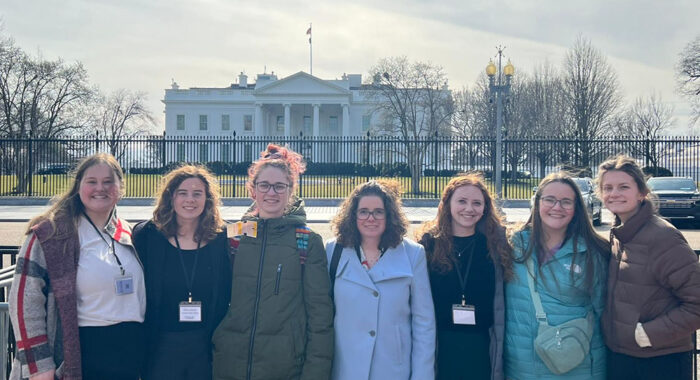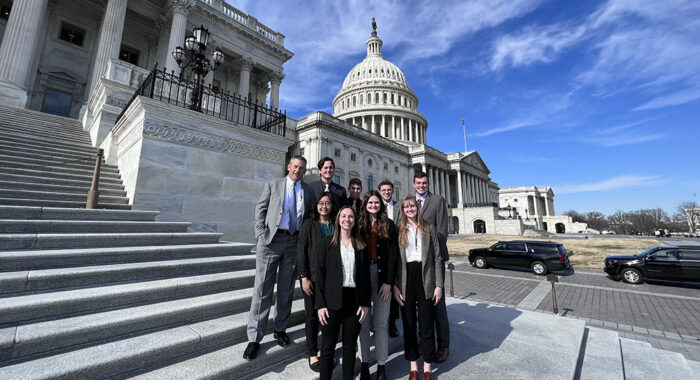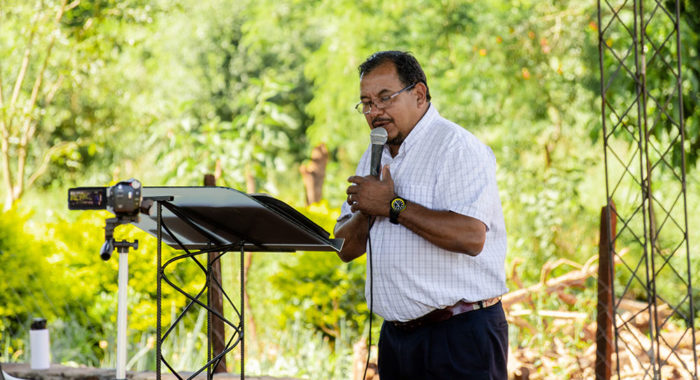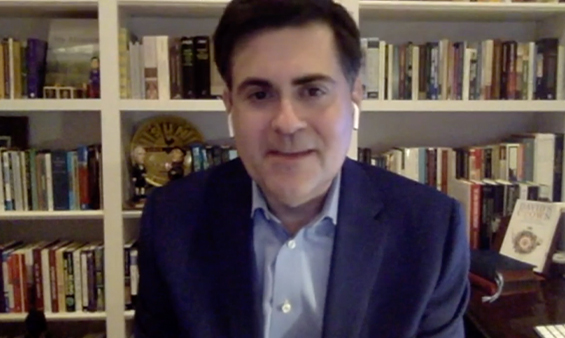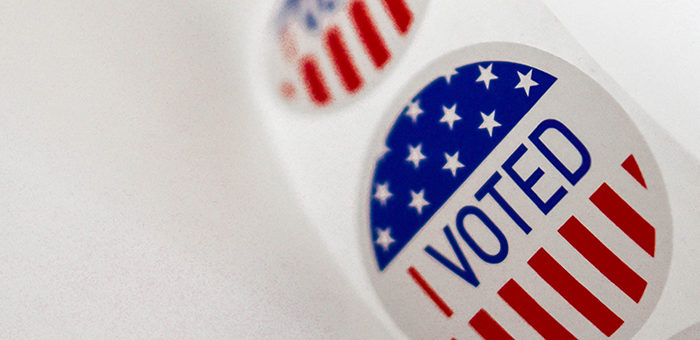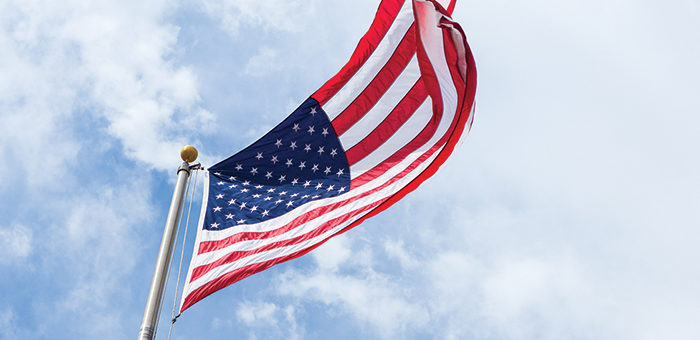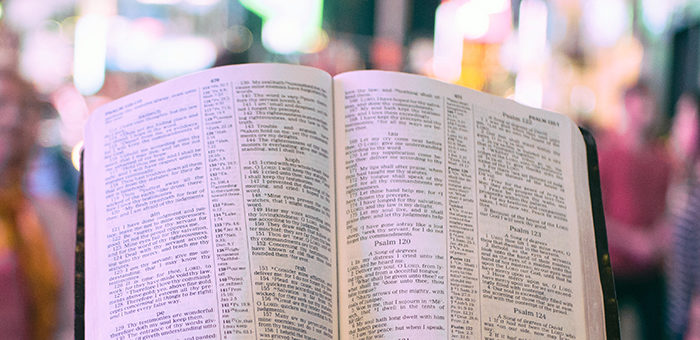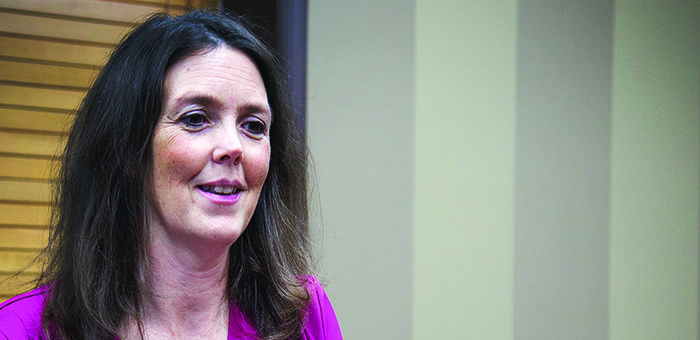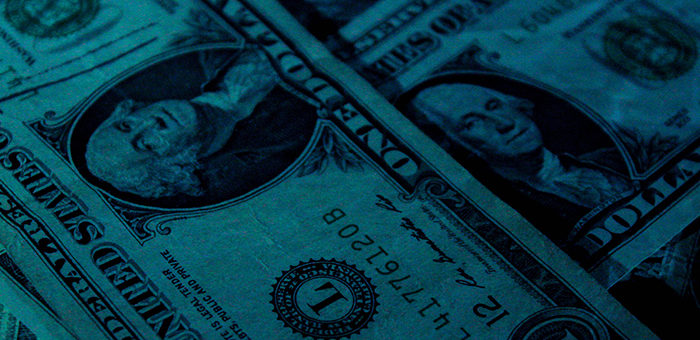The NAE and other nonprofit organizations and associations made the case to members of the Senate Finance Committee that the charitable tax deduction should be preserved since it advances important policy objectives, helps bolster the economy and makes the tax code fairer.
Dear Chairman Baucus and Ranking Member Hatch:
In light of the committee’s “blank-slate” tax reform plan, we urge you to preserve the charitable tax deduction as it currently stands.
We are encouraged that many elected leaders recognize the value of the faith community and other charities, even as tough decisions must be made to address our nation’s fiscal challenges and reform our tax system. But, unlike some other nonprofits, our organizations and members rely heavily on private donations, and we have serious concerns that the charitable deduction continues to be threatened during this debate.
The current deduction for charitable giving is not a drain on federal tax revenue; it is a powerful human and financial engine for good in our society. Experimenting with America’s 100-year-old incentive that is proven to encourage giving will harm our ability to meet the needs of millions of men, women, and children each year.
We ask you to recognize the importance and uniqueness of the charitable tax deduction and consider how it clearly meets the three criteria you established for inclusion in tax reform legislation: 1) Advances important policy objectives. 2) Helps bolster the economy. 3) Makes the tax code fairer.
The Charitable Deduction Advances Important Policy Objectives
The charitable deduction has proven to be effective at empowering the faith community and other charities to serve the public good. It enhances the ability of individuals and communities to help neighbors in need, as well as to create, fund, and operate the institutions that make up the fabric of our civil society.
Meeting the spiritual, emotional, relational, physical, material, and educational needs of millions of adults and children in all 50 states and in more than 100 countries worldwide are vital objectives to the people we serve, to our employees, to our donors, and to America as a whole. Our efforts to serve all Americans both encompass and transcend public policy objectives.
But at the same time, private giving to religion has lagged behind other charitable subsectors since 2010. Giving USA’s recent “Annual Report on Philanthropy for the Year 2012” states that private giving to religion remained flat from 2011 to 2012 at $101.54 billion, or “32 percent of all donations received by charities in 2012.” But when adjusted for inflation, giving to religion actually fell by 2.2 percent from 2011.
As a result, religious institutions—churches, parishes, synagogues, hospitals, schools, homeless shelters, feeding programs, free health clinics, colleges and universities, and many more—continue to do more with less during difficult economic times. That is the financial reality into which tax reform will eventually be implemented, and our ability to provide services will be eroded further if tax reform weakens the current charitable deduction and other giving incentives.
The Charitable Deduction is Vital to a Strong Economy and Thriving Communities
While our organizations traditionally think of our value in religious and non-economic terms, we do collectively employ tens-of-thousands of men and women each year. Our organizations also help millions of people to participate more fully in their local economies. But the sober reality is that our weak economy has strained many Americans’ budgets, reducing their capacity to give. Many religious organizations have been forced to downsize staff. The result is that our diminished resources prevent us from helping more men and women pursue education or training, find work, and stay employed.
A 2010 study by the University of Pennsylvania, Partners for Sacred Places, and Practice measured 50 different factors for understanding how congregations impact local economies. They found that 12 Philadelphia congregations with relatively modest budgets contributed $52 million in annual economic value to the city of Philadelphia, for an average of $4.3 million per congregation. Multiply that economic value by the number of similar places of worship across America, and the economic benefit that those religious institutions alone provide is enormous.
One of the many reasons that religious institutions generate economic value is that we effectively leverage volunteers and other in-kind resources. For every $1 a donor can deduct for his or her donation, the public receives approximately $3 of benefit. It is unlikely that any other tax provision generates that kind of positive public impact.
Encouraging Charitable Giving Makes The Tax Code Fairer
Millions of Americans from every walk of life gave more than $316 billion in 2012 to countless nonprofit activities and endeavors that benefit every level of our society. A good deal of that vital private resource transfer between citizens is due to the current charitable deduction and other giving incentives, which encourage donors to create healthier communities and invest in human flourishing.
By allowing donors to claim a deduction at the same rate at which taxes are paid, our nearly 100-year-old tax policy has ensured that such gifts are not subject to additional tax. Fairness requires that charitable donors not be taxed on money they forgo, and on income they do not retain.
Donors also rely on a consistent tax policy for charitable donations as they plan their giving. Because donors are making these decisions regarding a limited amount of resources, the more that goes to tax revenue, the less that remains to be donated. Any reduction in giving directly impacts the recipients of charitable and religious services.
Some lawmakers see the charitable deduction as a benefit to taxpayers, and argue that donors must sacrifice along with everyone else, in the interest of tax reform. However, no taxpayer benefits financially by giving money away. Donors by definition sacrifice their money for the good of others. The charitable deduction enables donors to give more, but never leaves donors with more. No other deduction or credit shares this unique characteristic.
Now is not the time for Congress to upend the charitable tax deduction. Doing so would hurt those who can least afford it—those who depend on religious institutions and other charities. Harmful changes to existing policy also would undermine the fiscal strength of religious organizations and the millions of employees affiliated with them. We look forward to continuing to work with you to protect the current charitable deduction and to maintain this powerful giving incentive and strong American tradition.
Sincerely,
Accord Network
Association of Christian Schools International
Association of Gospel Rescue Missions
Christian Medical Association
Convoy of Hope
Council of Christian Colleges and Universities
Evangelical Council for Financial Accountability
Faith and Philanthropy Institute
Jewish Federations of North America
National Association of Evangelicals
National Christian Foundation
Union of Orthodox Jewish Congregations of America
World Vision
cc: Members of the Senate Finance Committee



 View All Updates
View All Updates 






